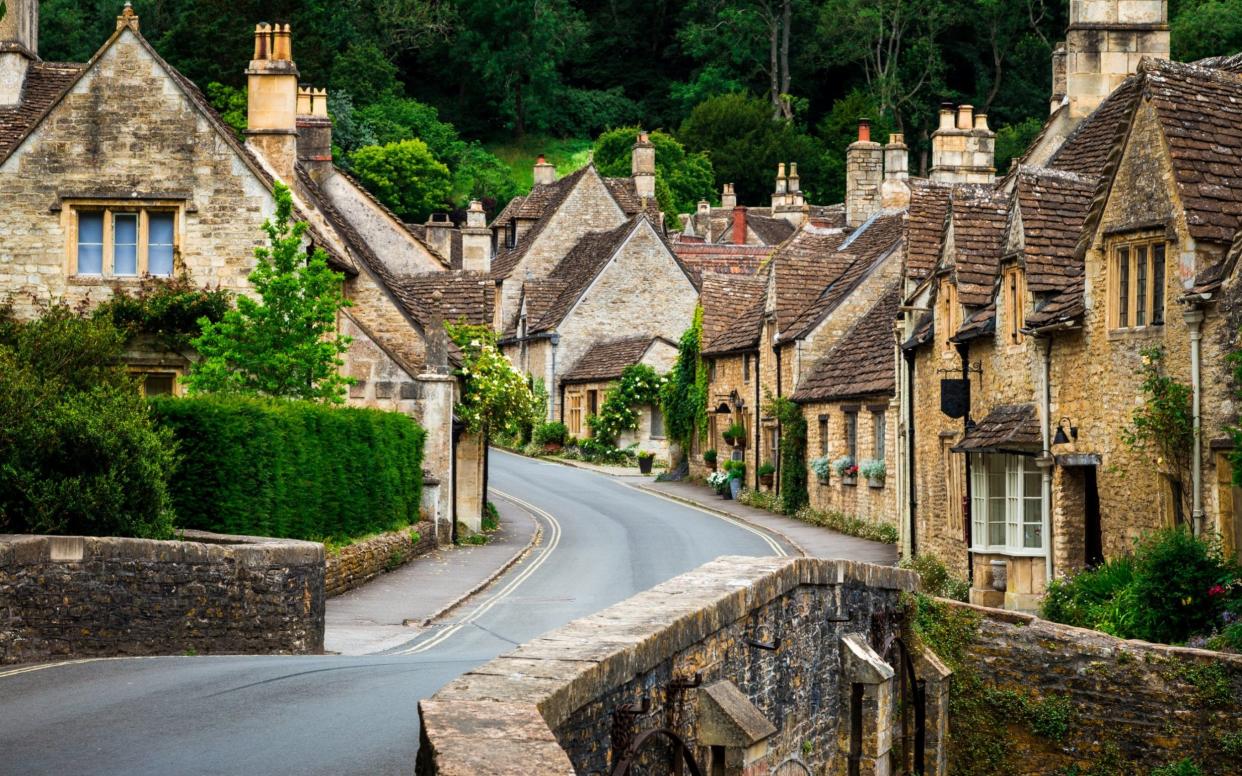Moving to the country: History repeats itself as urbanites flee virus-hit cities for rural retreats


History is repeating itself as city-dwellers flee to the countryside to escape the density of virus breeding grounds and lack of outdoor space.
Just as the miasma theories of the 1800s led to the creation of parks as a ‘vital lung’ in London and the well-to-do sought to escape the “Great Stink”; urbanites in the times of Covid want a slice of country life to improve their mental and physical health.
Over the course of history, space and air quality has been synonymous with health benefits – from the establishment of sanatoriums as treatment for tuberculosis in the pre-antibiotic era to the introduction of the Clean Air Act to combat the Great Smog in the fifties.
The benefits of strolling through his opulent gardens have oft been quoted as a factor in King Louis XIV’s decision to name Versailles the capital of France over Paris in 1682.
While previous pandemics have eventually pushed populations back into cities in search of better healthcare and connectivity, this time round technology may end up cementing the mass exodus.
As companies reorganise and galvanise themselves towards a permanent shift to homeworking, rural estate agents have reported a surge in interest from people looking to relocate.
In a sample of buyers questioned between April 21 and 27, the property firm Savills said Sars-Cov-2 has led to 71 percent of buyers aged under 40 now seeking a garden or outdoor space instead of a bigger house.
Four out of ten of those want a village location; while more than half of buyers with school-age children acknowledged a countryside location as being “more attractive” than pre-Covid.
Savills country director Crispin Holborow said: “There’s a feeling that this sort of thing is highly likely to come again at some stage, and that the country is a good place to be; that life isn’t all about mental stimulation but that gardening, growing things and doing physical work are good, too. People increasingly want space and the opportunity to make a difference and Covid has exacerbated this.”
Rupert Sweeting, head of national country sales at Knight Frank, said while 9/11 and the London bombings of July 2005 resulted in spikes of interest in country living, the Covid pandemic is entirely different.
“People have reassessed their lives completely – a lot of people rented in the country immediately or were in their second homes already for lockdown and now realise they don’t need to be in the city,” he said.

Reasons for relocation are, of course, multi-factorial. Production company owner Jonny Cass, 25, has lost most of his work in making films for tourist boards and ski resorts.
He fled Bermondsey with his partner, Beth, to his parents’ house in Sussex at the start of lockdown, and says that with work dried up, “crippling” London rents will force that move to be permanent.
Meanwhile new mum Charlotte Harris and her partner Rob, both in their late 30s, have pushed forward plans to leave London.
“A move out was always was on the cards but I had a baby on March 5 and it made me too anxious walking my dog in London parks, social distancing was near impossible,” said Charlotte.
The family is living with her parents in Alton, Hampshire, and searching for a home in Berkshire where Charlotte keeps a horse, to which she has been “reverse commuting” from west London for years.
“It’s more than just moving for my hobby now, it’s a life choice,” she said.
Riding horses, fishing, gardening and even walking outdoors has kept the nation going during the long, dark weeks of lockdown. Being locked down in the highlands or west country has no doubt been a vastly different experience to being locked down in a city flat devoid of outdoor space.
The Countryside Alliance has had reports of increased numbers of walkers from land-owners, farmers and game-keepers from all over the country. Chief executive Tim Bonner said: “It’s worth noting that it’s not just the ‘honeypot’ areas but that people are coming to understand the beauty of the countryside in all parts of the UK.”
And with connectivity at an all-time high, that means buyers can consider all regions.
Carol Peett, managing director of West Wales Property Finders, said: “We are getting a number of enquiries through from people who are intending to sell their main homes in London, Bristol or Cardiff, buy a country house with land, or farm, here in West Wales and just keep a small pied à terre in the city.”
The lure of high-density urban agglomerations won’t deter everyone, though. With London passing through the Covid peak ahead of rural locations, and the threat of inner-city hospitals being overwhelmed with patients not reaching fruition many will want to stay as megacities – with all they have to offer – continue to grow.
“It’s important to note that we still expect the prime central London market to lead recovery,” noted Lucian Cook, head of residential research at Savills. “Moving to the country is not for everyone, after all.”
Protect yourself and your family by learning more about Global Health Security


